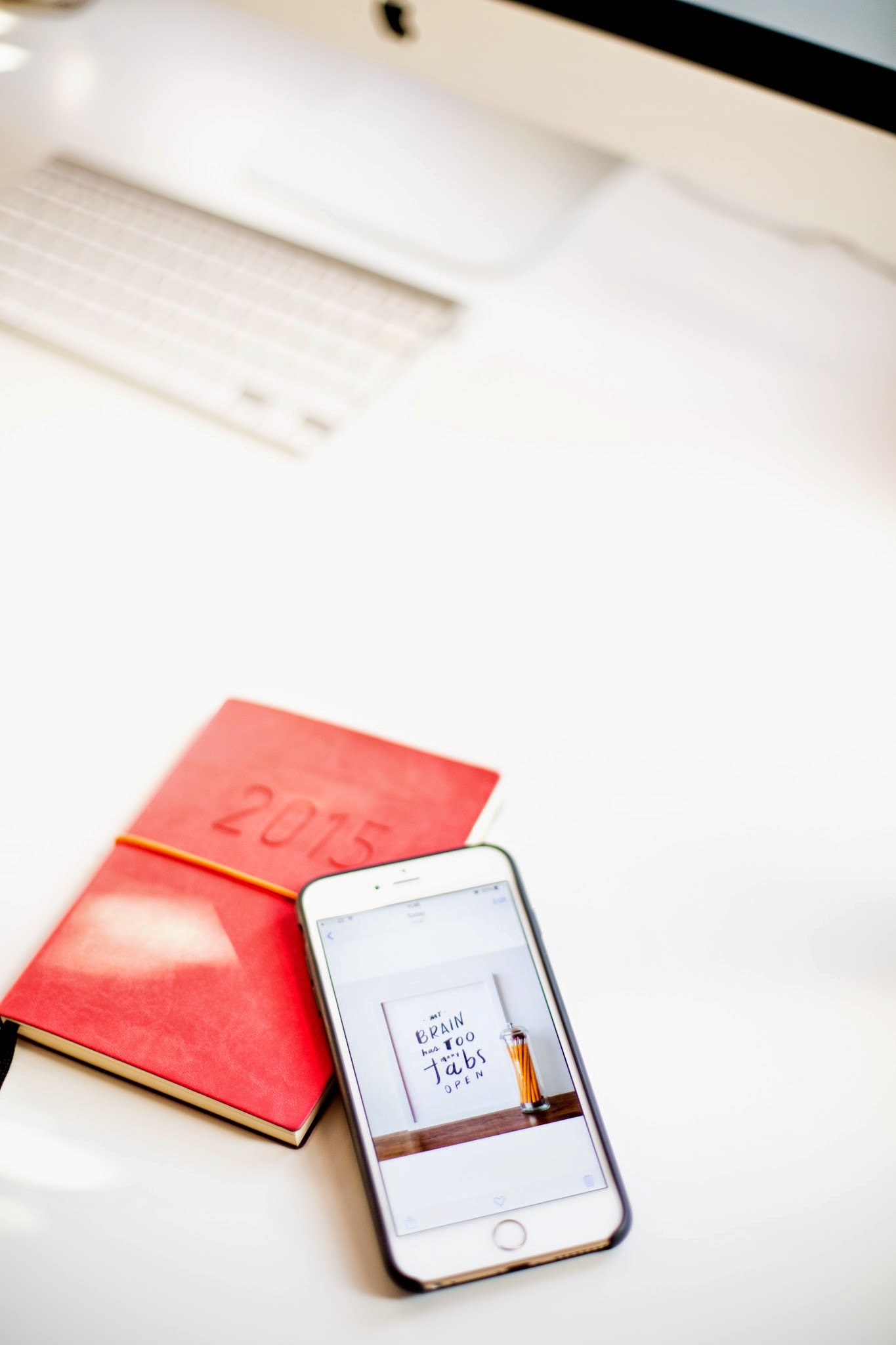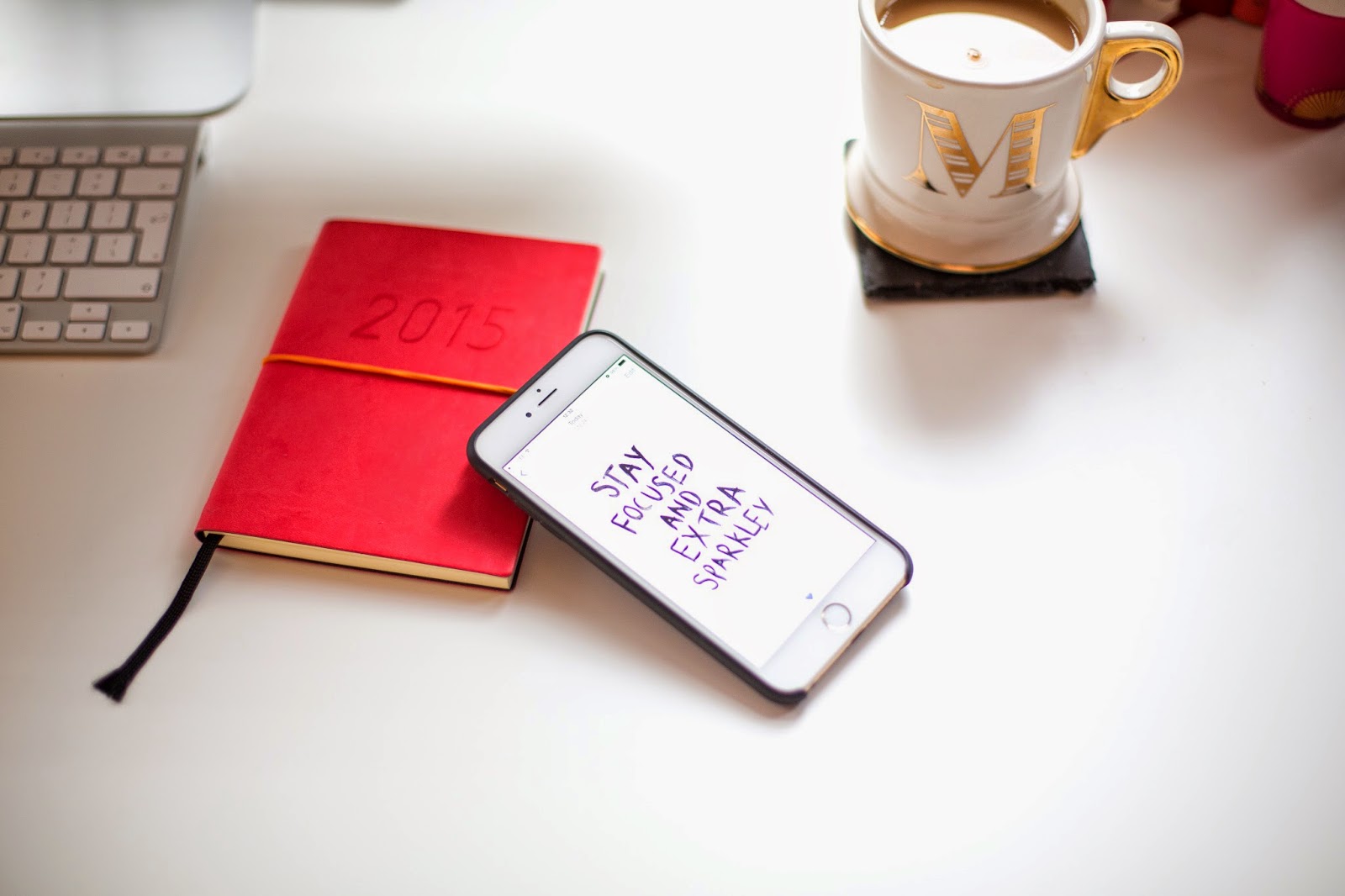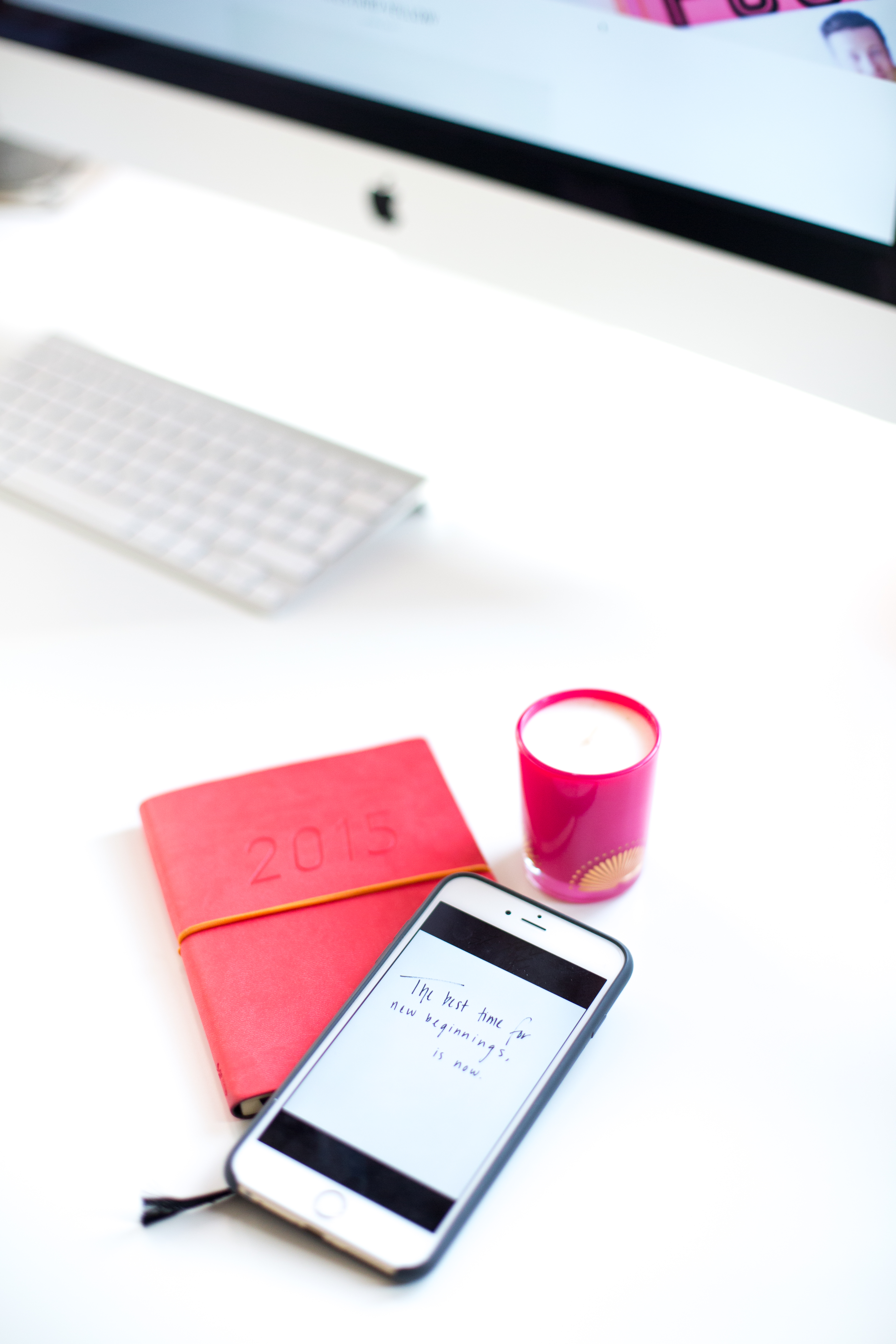. HOW TO PREPARE FOR A BIG MEETING .
It’s Wednesday, and that means it’s time for another Career Tips post. In my line of work, i’m constantly having to prepare for big meetings, performances, pitches or presentations. It’s something that always makes me a little stressed and nervous, but ultimately something you become used to and becomes part and parcel with every day work. Back when I first started my career id find myself getting very nervous before a big client presentation, and even more so for pitches (i’ve even been sick from the pressure), so learning how to prepare yourself, keep nerves at bay and be completely ready is something i’ve had to learn over the years.
As always with these things, there’s no right or wrong, but these tips are a few things that help me prepare, particularly for the big things like a pitch which in my industry is the biggest type of business meeting we might get involved in. The tips are also relevant if you’re at uni and have a big end of year presentation or performance, and for other industries where meetings & presentations are no doubt also a part of your job every now and then!
. TIME TO PREPARE .
In most instances you’ll know of a big meeting at least a couple of weeks before it’s about to hit, and if not that amount of time, i’m sure the time you will have to prepare will be relative to the size and importance of your meeting. When you’re working towards a big meeting and have a longer period of time, whatever you do, don’t leave everything to the last minute. Work towards getting the document or work itself done as soon as possible so you have plenty of time to actually prepare for the meeting itself. For example on big pitches we’ll always leave 2-3 days for rehearsals and run throughs. So give yourself as much time as possible.
. MAKE NOTES ON YOUR SPEECH .
I always find it really helpful to write out notes for what I might like to say or the key points that I need to land throughout the meeting before hand. I usually do this a couple of times for a really big meeting, firstly jotting bullet points down of all the key messages, and then secondly a full script of what I might like to say. I absolutely NEVER read off of this, or really ever use it again, but simply writing it out on paper as one step in the preparation process helps to cement it in my head a little.

. PRESENT TO YOURSELF .
Once you’ve prepared the work and had a think about your overall presentation for the day itself, spend some time presenting to yourself. That might be in the shower, to yourself in the mirror or simply just talking out loud (this is what I do). This trick works for various types of meetings, a personal review, a discussion on pay or promotion, or simply an important meeting which you need to prepare for – draft your questions or key points and chat through them before hand so you feel prepared saying them and know exactly what you want to say.
For a big presentation or pitch, I always have a couple of run throughs of what I might say before the meeting itself, as I mentioned, this is never reading off a script, but going through thing more naturally and based on pretending i’m in the meeting itself. This is key, as in a meeting you want to be natural, confident and knowledgable, and reading off a script helps non of these things.
. DOWN TIME .
If your meeting is quite important and you find yourself getting nervous or stressed, then make sure you also take some time out before the meeting. There’s only so much prep you can do, so there’s no point forcing yourself to keep going through things, as ultimately this will probably make you more nervous. You’ll know more than you realise – you’ve prepared the work, you know what you want to say, and it’s your meeting, so don’t’ stress yourself too much.
I like to take a little time out before a big meeting to relax and calm myself, take a nice bath or shower, wash my hair, light some candles and spend some time doing something that relaxes me (blogging, reading, listening to music). It’s really important not to work yourself up over something, and so giving yourself some down time is really helpful.

. CONFIDENCE . CONFIDENCE . CONFIDENCE .
The number one rule, be confident. Even if you don’t feel confident, tell yourself you are, talk yourself into believing you’ve got this, give yourself encouragement like you would a friend, believe in yourself. This is something I think people rarely do, but can do the world of good in calming yourself down and also giving you that encouragement to go into your meeting and ace this. Fake it till you make it … if you tell yourself you’re confident, not nervous, and that you’ve got it all covered, you’ll start believing yourself and come across far more naturally in the meeting itself. Plus, i genuinely believe people always know more than they think they do, and you’re always more prepared than you’d ever admit out loud.
Give yourself that motivational boost you need, give yourself the confidence & words of encouragement you want to hear. Self soothing is a very subtle and private way of helping prepare yourself for your important meeting.
So there you have it, 5 very simple, but very effective little tips for preparing for a big meeting, presentation or performance. I hope you find them helpful to you too!




this is really helpful thank you! Not only for work but for college presentations as well :)
Lana
Lana-sultana.blogspot.com
These are really good tips, thank you!
Something I’ve learnt recently, which is a kinda science-y hack for confidence building, is before you have an important meeting/phone call etc go to the bathroom or find a quiet space and do some “power posing”. Amy Cuddy did a Ted talk about it. It might sound (and feel!) a bit ridiculous at first, but it does tend to give me a little boost. At the least, I give myself a bit of a laugh as I pull power poses in a cubicle, hehe.
Happy power posing ;) Meg, Optical Intake
Bullet points, practicing over and over again, and good eye-contact always make talks and meetings feel a lot easier!
Lauren x
Britton Loves | Lifestyle Food Fashion Beauty – http://www.brittonloves.blogspot.co.uk
Great tips!
One thing I like to do is have handouts. The handouts can be a small printout of key items that you can give to your audience. If you’re offering a product, it could be a picture of the product with a couple of key words or notes around the picture. This will allow them to see what you’re going to talk about, it allows you to keep yourself on point, it also helps them remember the message you sent. It also helps them see your vision as you’re going through the presentation.
Connie | Sponsored by Coffee | Bloglovin’
Great tips. I think the same applies to interviews too. And I am totally like you – I have to hand write things down, even if I don’t read them again, it helps set them into my memory.
Thanks for sharing
Claire x
http://www.thegreeneyedgirl.co.uk
Loved the tips! Think they’re useful not only for big meetings, but also for school presentations and such! Keeping notes is something I ALWAYS do and I think its never bad to always be confident, right?
x
Great tips thanks for sharing. I deliver training as part of my job and always get nervous before starting (I’m always fine once I get going), sometimes getting the first word out when standing in a room full of people is tough.
These are amazing tips – definitely going to be utilising them! I have an important presentation to do next Monday so this couldn’t have come at a better time – thanks! x
NINEGRANDSTUDENT: A Student Lifestyle Blog
Hi Chloe
I may be a bit late for your presentation but I’ve done a short series of posts on prepping for presentation (including handout cos I’m anal like that) which you may find useful: http://indigopaths.org/presentation-time-dont-panic-part-1/
Hope it went well anyway
X